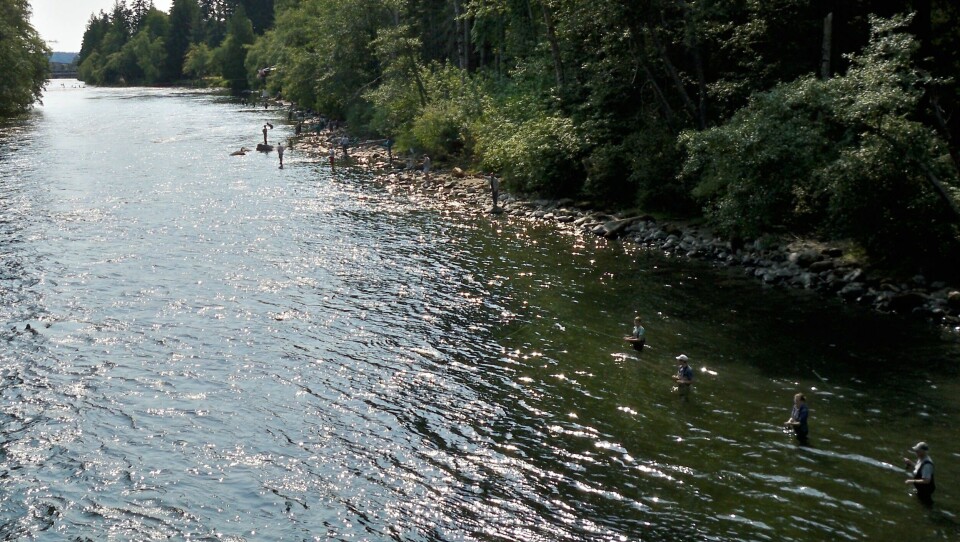
Claims angling may have caused 'genetic drift' in salmon
A Scottish Government funded study (FASMOP) is currently underway to produce a genetic map of wild salmon populations in Scotland’s rivers, in order to understand the structure of populations and to help develop effective stock conservation and management programmes.
These populations are thought to be heritably different in response to variations in the river habitat.
However, the latest results from the project published on the Scottish Government website, for the rivers Dee, Annan and Deveron, show that the genetic differences identified between fish were weak.
The report suggests that this could be due to the fact that fish have become mixed, possibly due to previous restocking, or that the genetic markers used in the tests do not give sufficient resolution to detect the differences.
Jaffa points out that according to the Salmon & Trout Association, wild salmon have naturally evolved into such distinct populations over many thousands of years.
“However, this could indicate that wild salmon may not have evolved into such distinct salmon populations in these rivers as expected,” he says.
Jaffa claims that the genetic variation found in salmon may not be the result of long-term natural selection. His theory is that another form of evolution called ‘genetic drift’, caused by random events that occur by chance.
“As a result, some individuals have a greater impact on the population than might be expected. This is because other individuals might die suddenly and unexpectedly and cannot contribute to the ‘pool of genes’ of the whole population.
“In wild salmon populations, such a sudden and random loss might be associated with the catching and killing of salmon by anglers over the last 150 years,” he claims.
Over the last ten years about 350,000 potential breeding salmon from Scotland’s rivers have been killed by rod anglers.
This number would have been much higher had it not been for the recent introduction of a Catch and Release policy in many rivers, according to Jaffa, who has also written a response to the proposed Aquaculture & Fisheries Bill on the issue.






















































